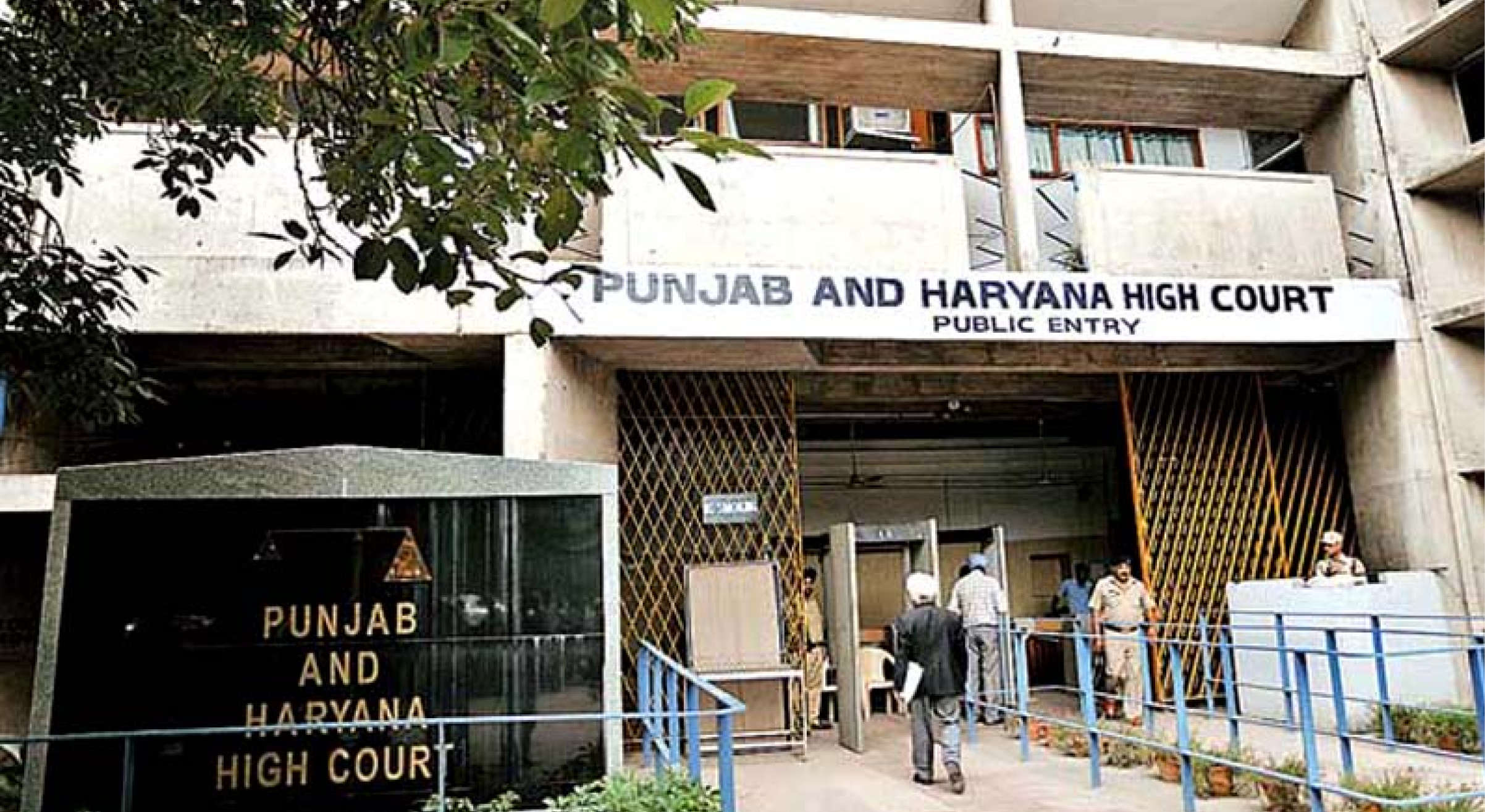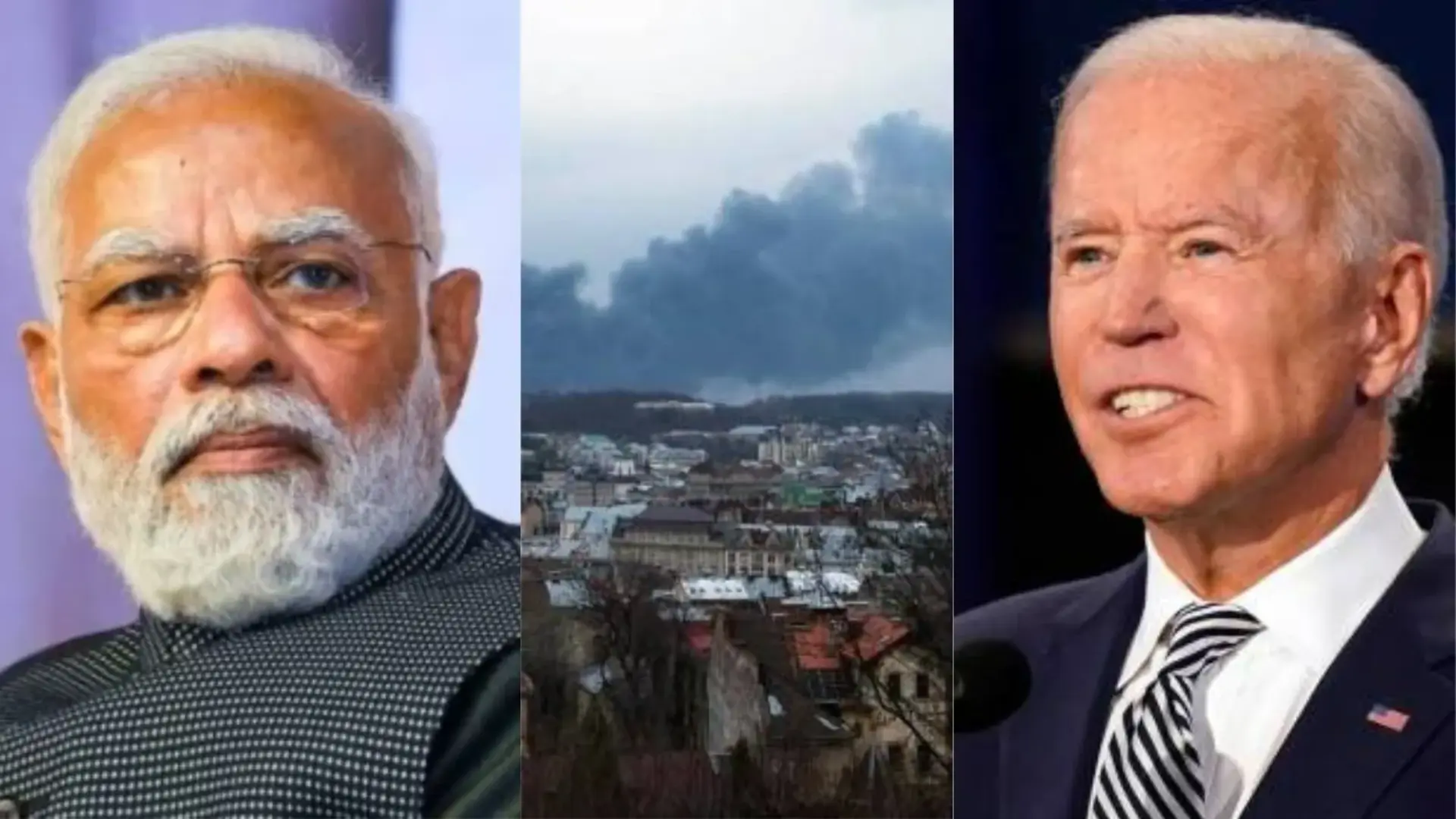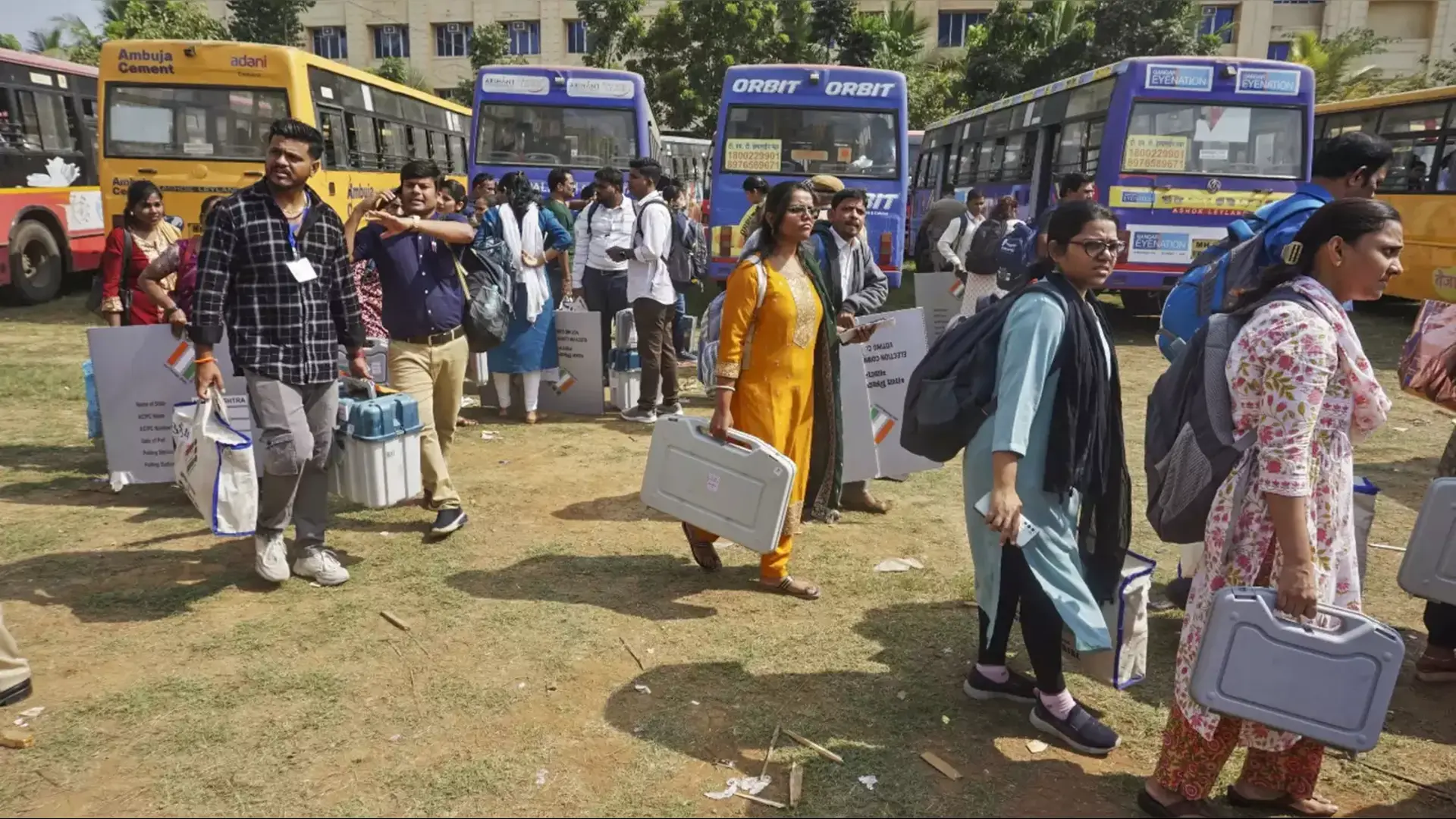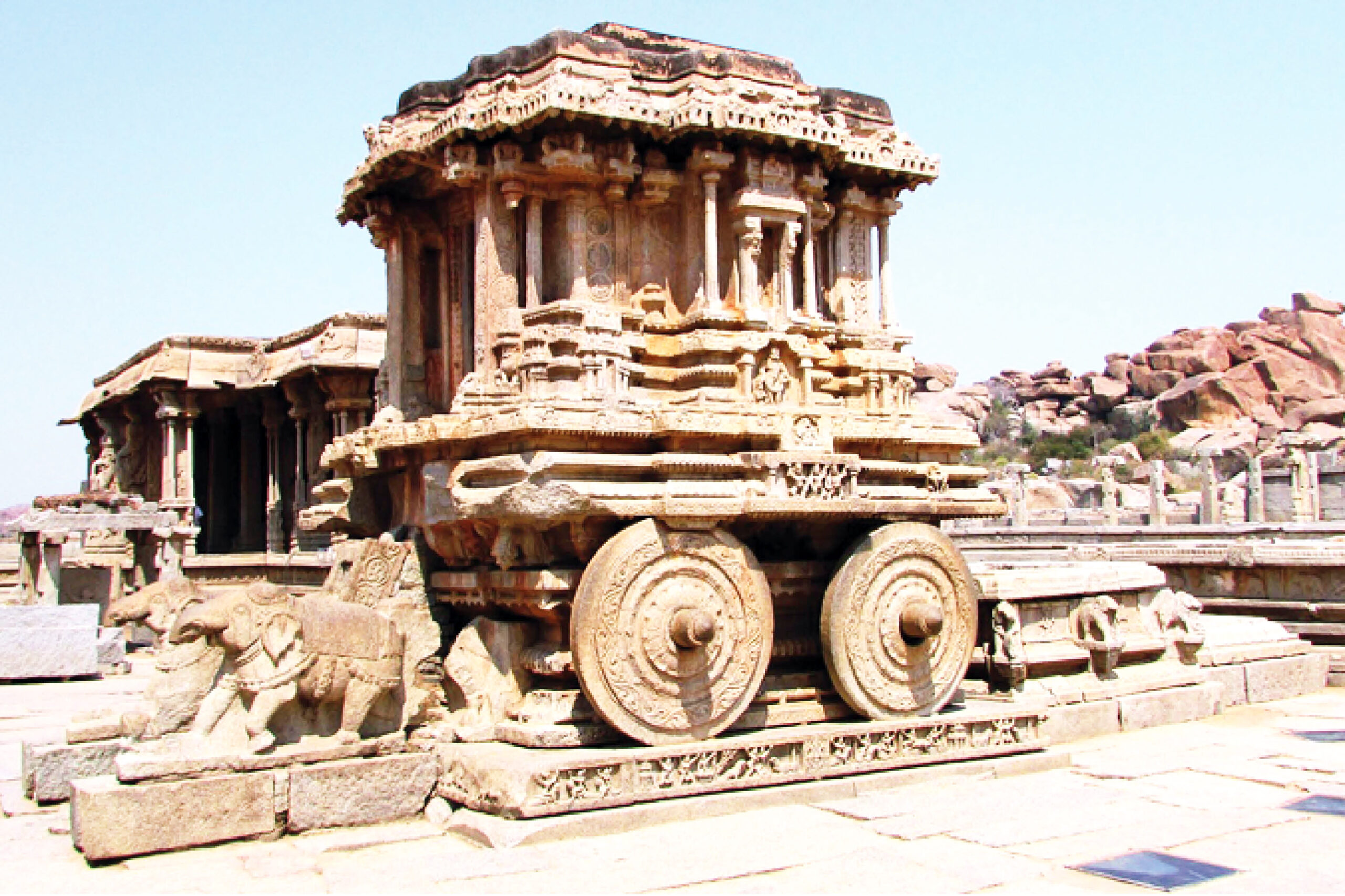
The Punjab and Haryana High Court in the case Parveen Kumar v. State of Haryana observed and has dismissed the plea moved to preserve the call records of a police officer who arrested the petitioner in the NDPS Act.
The court in the case observed that for the possibility of creating evidence in favour of the accused, it cannot go to the extent of breaching privacy of a police officer.
The bench headed by Justice Rajbir Sehrawat in the case observed and has stated that just to give credence to the petitioner’s assumption, the court cannot go into a roving inquiry.
The court in the case observed that even if the assumption of the petitioner is taken to be having some substance, then also it is not necessary that when the police had gone to arrest the petitioner at some alleged other place, then they would necessarily be having their own mobile phones with them. Therefore, just for the possibility of creating any evidence in favour of the petitioner, this court cannot go to the extent of breaching the privacy of the police official qua use of their mobile phones. The said observations came by the court in response to the plea moved challenging the dismissal order of ASJ, Hisar. In the present case, the application was filed under section 91 of the Code of Criminal Procedure, CrPC before the ASJ to preserve the call records of the police official. Therefore, the petitioner was booked under Section 20 (C) and 61 of the NDPS Act for allegedly being involved in the trade of cannabis in commercial quantity.















